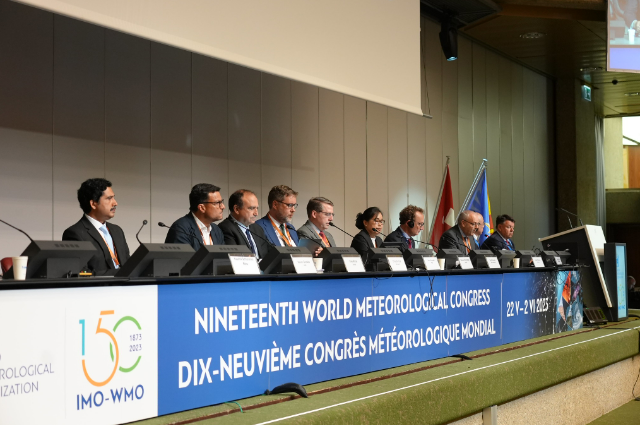The World Meteorological Congress, the supreme body of the World Meteorological Organisation (WMO) is currently holding it's 19th session.
This Congress has finally reached to a conclusion where it has recognised climate change as a threat to human health and services should be coupled together to scale the situation for which a 10-year plan has been endorsed.
The 2023 Implementation Plan for Advancing Climate, Environment, and Health Science by the WHO has been chalked out.
It's aim is to achieve better health and well-being of people facing extreme climatic events and environmental risks.
Effective integration of climate, environment, and health sciences and services across the world and a coordinated effort in managing the impact of climate, weather, and pollution levels, etc shall help.
It becomes highly significant when issues of climate-related illness like malaria, dengue, and threats and mental health are rising.
Cascading risks of extreme heat, wildfire, and air quality risks are also increasing.
India also recorded in 2022, it's hottest March which later led to the early onslaught of heat waves across the northern and eastern parts of the country. Extreme heat shall oust many 600 million Indians from their climate niche, exposing them to extreme temperatures.
There is a greater need for transformational changes to health and while also considering other dimensions of vulnerability.
Protective, timely, and effective adaptation can reduce some potential risks to human health and well-being.
Speakers at the 19th World Meteorological Congress also raised concerns over extreme heat and to strengthen early warning systems.
. . .
Reference:
- insightsias.com

